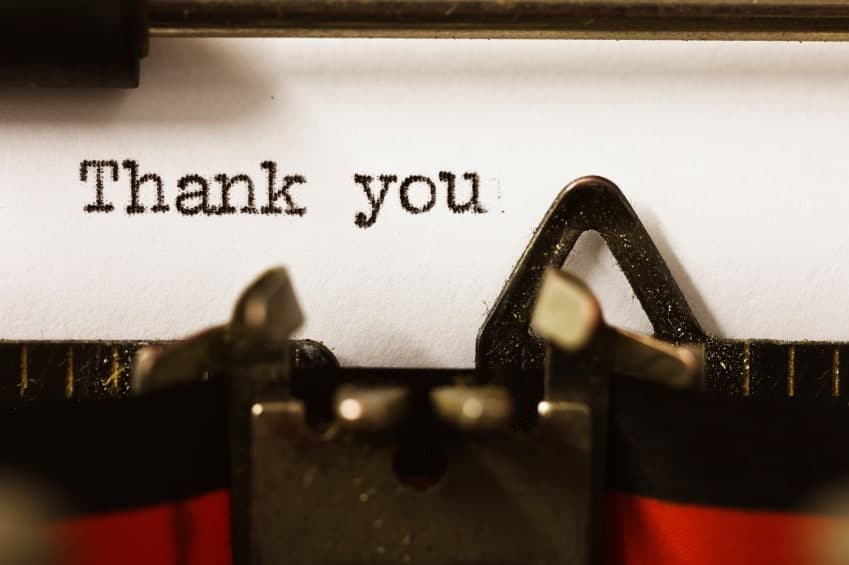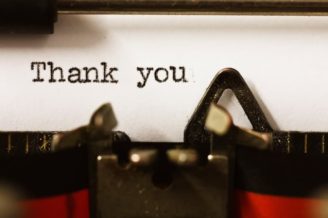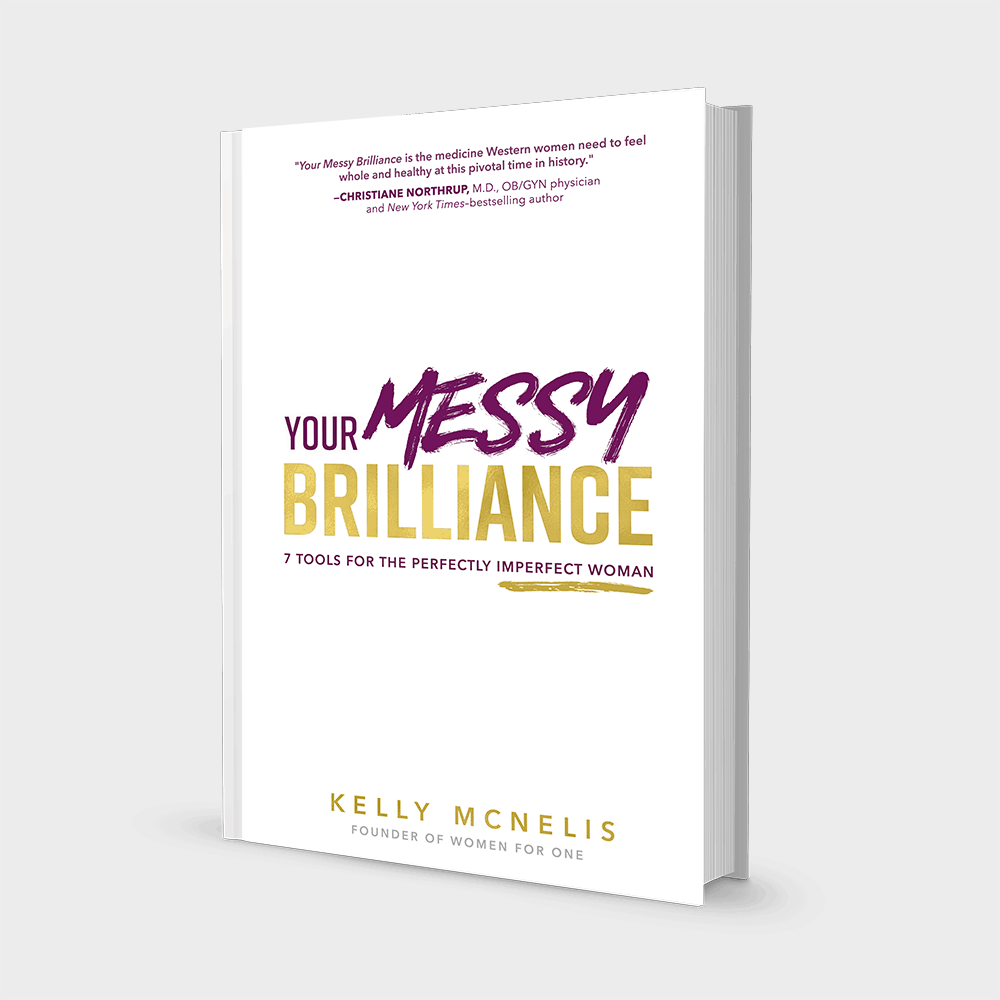
Unexpected Gratitude
 In my job as a public defender, I am part of a court system that uses conflict between attorneys to make judgments about a person’s guilt and punishment. For many lawyers, the line between institutional and personal conflict gets blurred, and relations become nasty. Add to that the fact that a defense attorney’s client is facing frightening stakes-for my clients, generally a significant prison term-and you have a recipe for conflict from many sides.
In my job as a public defender, I am part of a court system that uses conflict between attorneys to make judgments about a person’s guilt and punishment. For many lawyers, the line between institutional and personal conflict gets blurred, and relations become nasty. Add to that the fact that a defense attorney’s client is facing frightening stakes-for my clients, generally a significant prison term-and you have a recipe for conflict from many sides.
No one told me about this problem before I chose to become a lawyer. This is funny-odd funny, not ha-ha funny-because unlike some lawyers, I do not thrive on conflict. I advocate passionately for my clients, and I like debating the issues, but in general, I strive to enjoy personal harmony with my fellow humans.
I use a few strategies that have been helpful-among them, smiling at potentially hostile people (particularly judges, who almost always are hostile to my criminally-charged clients) and looking for the positive traits that must be lurking in even the grumpiest folks. Sometimes these strategies help, and sometimes they don’t.
For example, although I usually am able to develop a good rapport with my clients, I occasionally disagree with a client who has a strong-and ill-advised-opinion about how his case should be handled. To add to this problem, I only handle appeals, which means that all of my clients have already been convicted, and most of them are in far-off prison facilities where I can’t visit them in person.
Six years ago, I began representing a client who was already angry and panicked before his case was assigned to me on appeal. He had been convicted of a federal drug offense which, even though he only had a couple of minor, prior offenses, had landed him in prison for the rest of his life. He blamed me, along with his previous attorneys, for his predicament. Although I had some good arguments for reducing his jail time, he did not approve of my arguments. He filed a bar complaint against me to try and have me disciplined. He refused to communicate with me.
I trudged ahead with his appeals, and I was able to get his sentence reduced to twenty years in prison. Still, even though I was continuing to fight to get his sentence further reduced, he was angry. I assumed that he would never be satisfied with any result I was able to obtain.
But about a year ago, without warning, I received a letter from him in which he apologized to me. He said he had behaved badly and asked for forgiveness. And he told me he was grateful for all of my hard work on his case.
Since then, he thanks me every time he calls, every time he writes, and every time he emails me. He asked me a couple of weeks ago if I minded if he said “thank you” so much, and I told him no, I never get tired of it.
His gratitude is a gift to me. While I never expect to be thanked for my work, it is satisfying to know that a client recognizes how hard I’ve worked to help him.
I think that his gratitude is a gift to him as well. I’m not sure how he arrived at a place where he could express it so generously, but I believe he is a changed person because of it. I hope that he is able to start his life over and make it better when he is released from prison, which should happen soon.
We all could borrow a page from his new life’s story. Let’s say what we’re grateful for, every day, and see how gratitude can change our lives.









1 comment to "Unexpected Gratitude"